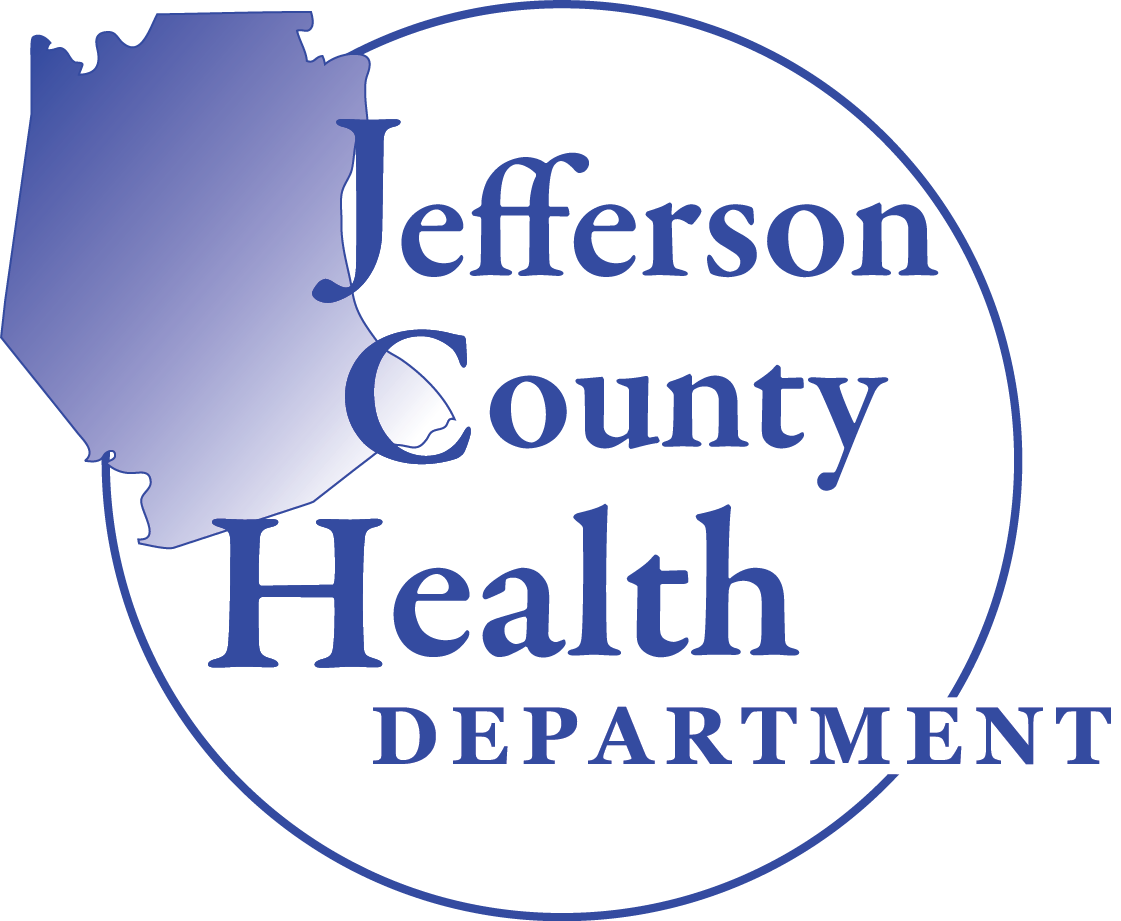Jefferson County Health Department (JCHD) is reporting the first detection of West Nile Virus in a mosquito population in Jefferson County. Specimen collected on August 16th were tested August 18th and detected West Nile Virus in mosquito populations in De Soto, Missouri. De Soto city officials have been notified of the positive results.
JCHD Vector Division will begin implementing control measures in the affected areas of concern on the evening of August 19th. JCHD’s Mosquito Control and Surveillance program will continue to monitor the county for West Nile Virus in the mosquito population.
The health department encourages residents throughout the county to be diligent in protecting themselves and their loved ones when they are outdoors. Protection from mosquitoes and the diseases they carry can be as simple as:
Use insect repellents that contain 20% - 50% DEET or Picaridin
Wearing light-colored clothes
Covering exposed skin
In addition to personal protection, residents can protect their homes and property by removing standing water sources such as waste tires, cans, buckets, flowerpot sills, or other containers holding water for mosquitoes to lay their eggs in.
Click for more information about the JCHD Mosquito Control and Surveillance Program.


